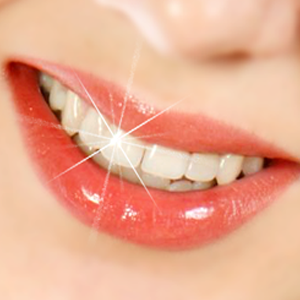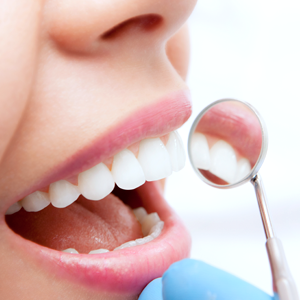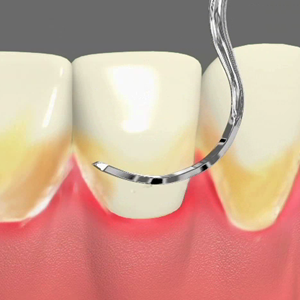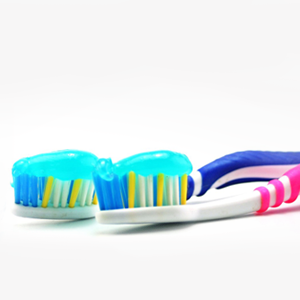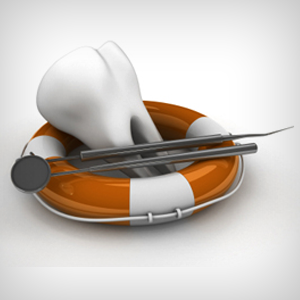Canker sores are shallow, painful sores in your mouth. They are usually red or may sometimes have a white coating over them. You may get them on the inside of your lips, the insides of your cheeks, the base of your gums or under your tongue. Canker sores are different from fever blisters, which usually are on the outside of your lips or the corners of your mouth.
Anyone can get canker sores, but women people in their teens and 20s get them more often. Canker sores may run in families, but they aren't contagious. Causes of canker sores are unknown but they may be triggered by stress, poor nutrition, food allergies, spicy foods and menstrual periods.
Treatment
Canker sores usually go away without treatment. However, for pain relief your dentist may recommend medicines such as Anbesol, Oragel, Orabase and Zilactin-B, which may prevent your canker sores from becoming irritated by eating, drinking or brushing your teeth. These medicines can be applied directing on the sore with your finger tip or a Q-tip. Gently dry the sore with a swab before applying. Do not eat or drink anything for 30 minutes after applying.
Prevention
Unfortunately, causes of canker sore formation are unknown. However, using toothpaste that does not contain SLS (sodium lauryl sulphate), avoiding hard, crunchy or spicy foods and chewing gum may help reduce mouth irritation. Brushing your teeth after meals, using a soft toothbrush and flossing every day will also keep your mouth free of food that might cause a canker sore. If you get canker sores often, or if they're very painful, talk to your dentist.


